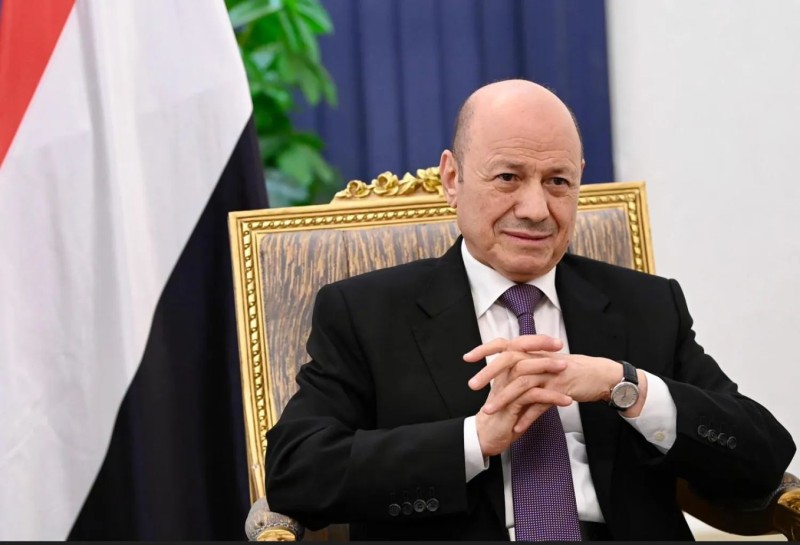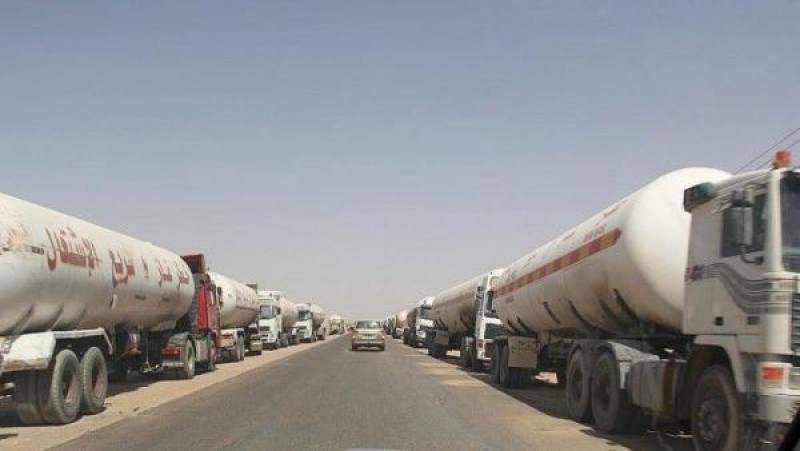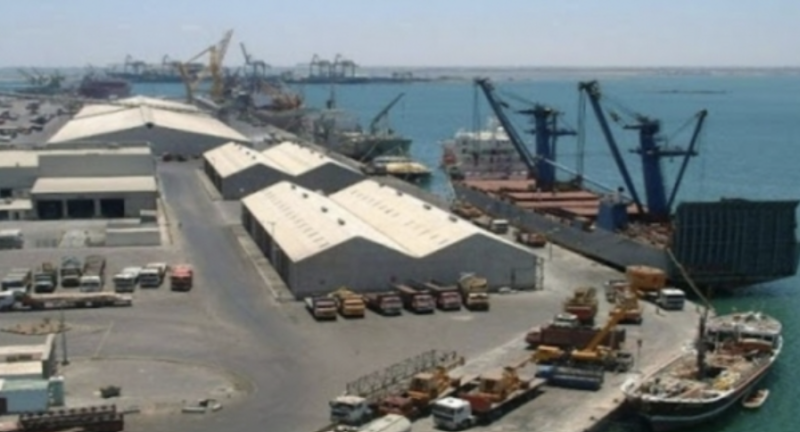Yemen : Houthis increase custom duties on certain goods


Houthi militia continues to impose restrictions on Yemen's commercial sector, recently increasing customs duties on certain goods in areas under their control in the northern part of the country. Leaked documents from the "Ministry of Finance" in the Houthi-controlled government in Sana'a revealed new directives that double customs duties on items such as ready-made clothes, embroidered fabrics, shoes, and women's handbags imported from abroad.
The documents indicate that the Houthi militia claims these new measures, which were implemented earlier this month, are aimed at "protecting local production" of these goods. They are also said to align with the decision made by the so-called "Supreme Political Council" to provide "incentives and privileges" to local tailors and sewing factories. The Houthi government framed this as part of a broader effort to support domestic industries.
These customs hikes follow the formation of a new Houthi government just two weeks ago, which, in its work plan, emphasized the need to strengthen and expand financial resources in response to a "sharp decline in revenue and worsening budget deficit." Local reports suggest that the tax on imported ready-made clothes, for example, has surged dramatically, with each truck being charged 20 million Yemeni riyals earlier in 2024, increasing to 30 million this month—nearly 29 times higher than the tax levied in government-controlled areas.
Economic analyst Majed Al-Daari commented that the Houthis are focused on amassing as many financial resources as possible to prepare for a decisive battle. He explained that the doubling of customs duties and taxes on specific goods is part of their broader strategy, which includes monopolizing imports through the port of Hodeidah and collecting royalties on commercial activities. Al-Daari also pointed out that Yemeni citizens are bearing the brunt of these policies, suffering from price hikes on essential goods while being deprived of services and unpaid wages.

Aden — Yemen’s Presidential Leadership Council Chairman Rashad al-Alimi held talks with Central Bank Governor Ahmed Ghalib to review th…

Aden — The Yemen Gas Company announced Friday the deployment of a fleet of 461 trailers carrying household gas to the interim capital Aden an…

Aden — The internationally recognized government of Yemen has announced the signing of a major agreement to rehabilitate and relaunch operati…